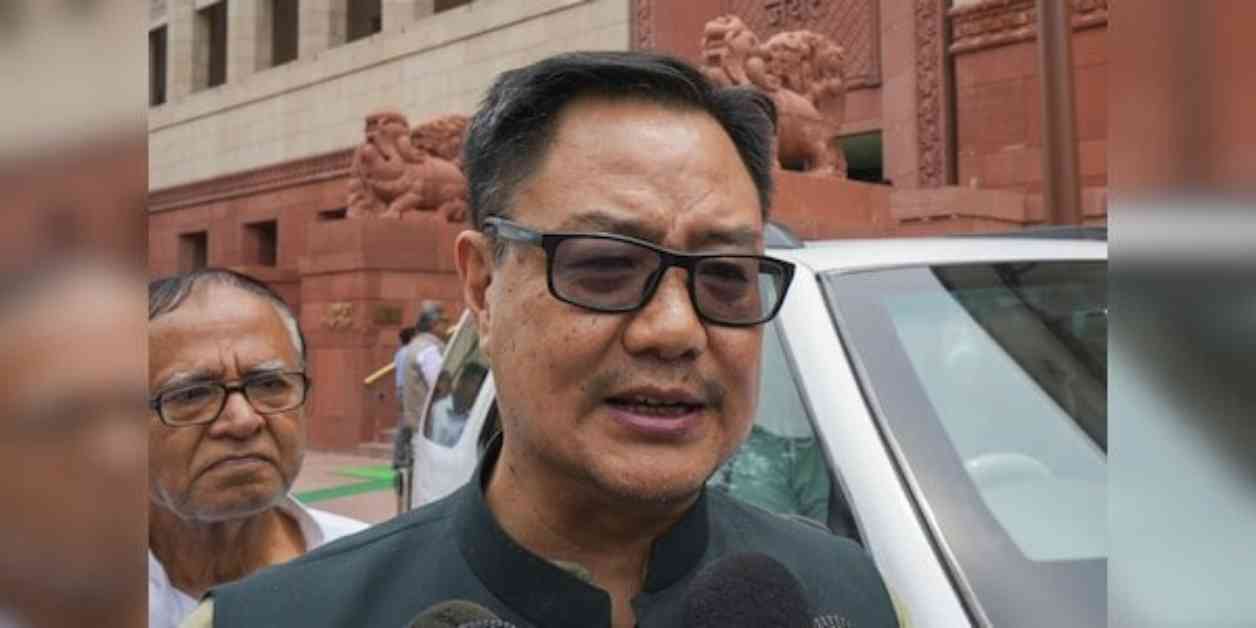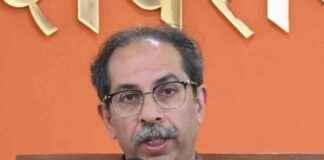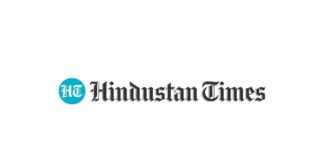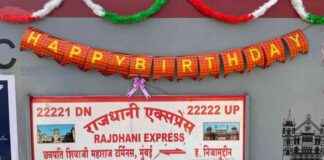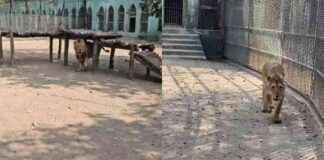Union Minister Kiren Rijiju expressed confidence that the Parliament’s joint committee on the Waqf (Amendment) Bill will complete its work on time. Rijiju stated that the consultation process for the bill is the most extensive in the history of the country’s parliamentary democracy.
Rijiju mentioned that the committee is on track to submit its report before the last day of the first week of the Winter Session of Parliament. He praised the committee’s efficiency and dedication to meeting the stipulated deadline.
The dates for the Winter Session have not been officially announced yet, but Rijiju remains optimistic about the committee’s progress. He refrained from commenting on BJP MP Nishikant Dubey’s concerns regarding the large number of feedback submissions received by the parliamentary committee, stating that the committee is empowered to handle the process.
Rijiju emphasized the government’s cooperation with the joint committee and its commitment to addressing issues raised in the report once it is submitted. He highlighted the government’s decision to table the Waqf (Amendment) Bill and send it to the Parliament’s joint committee for further review.
The Minister commended the joint committee for conducting extensive hearings and receiving over 1 crore representations from various stakeholders. He applauded the committee’s efforts in ensuring a comprehensive review of the bill, involving government organizations and civil society groups.
Rijiju acknowledged that previous amendments to the Waqf Act have not involved such extensive consultations, making the current process a significant step towards inclusive decision-making in Indian parliamentary democracy. He expressed hope that the public would appreciate the efforts made by the joint committee.
Senior BJP Lok Sabha member Jagdambika Pal serves as the chairperson of the joint committee overseeing the Waqf (Amendment) Bill. The committee comprises 31 members from both the Lok Sabha and the Rajya Sabha and is expected to submit its report in the next session.
The contentious nature of the bill, which sparked heated debates in Parliament, led to its referral to the joint committee for further scrutiny. The government clarified its intent not to interfere with the functioning of mosques, while the opposition raised concerns about targeting Muslims and potential violations of the Constitution.
Overall, Rijiju reiterated the government’s commitment to the legislative process and the importance of thorough consultations in shaping effective policies. As the Winter Session approaches, the joint committee’s work on the Waqf (Amendment) Bill stands as a testament to democratic decision-making and inclusive governance.
